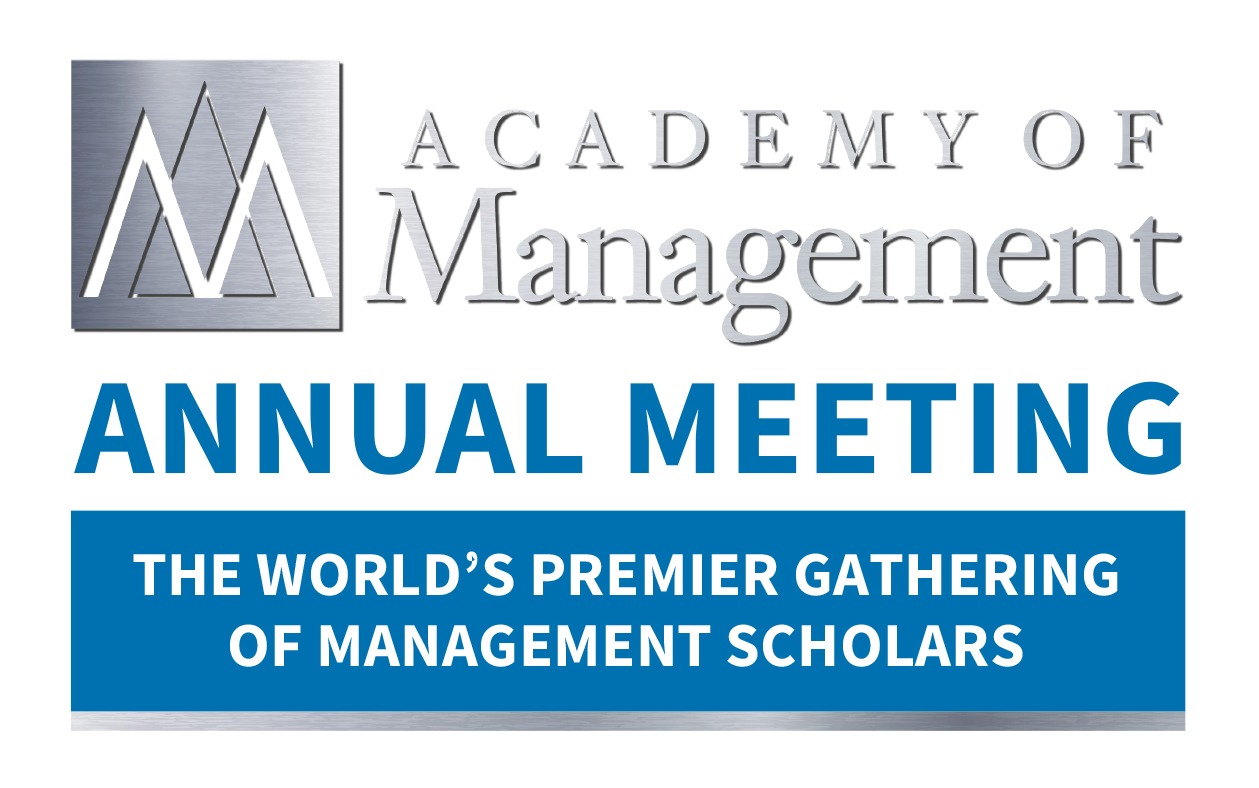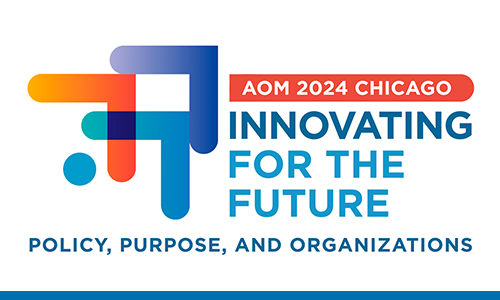Iberoamerican Academy of Management (IAM)
2025 Affiliate PDW Program: Call for Submissions
PDW Co-chairs: Jesús Molina-Gómez, University of Malagaand Maritza Espina, Montana State University.
The Iberoamerican Academy of Management (IAOM) would like to invite the submission of creative proposals for its Professional Development Workshop (PDW) sessions that will take place at the 85th Annual Meeting of the Academy of Management in Copenhagen, Denmark, July 25-29. The Academy's PDWs are an excellent platform for colleagues to share knowledge and expertise and foster workshop participants' professional development.
The two primary objectives of IAOM are
- to foster the general advancement of knowledge in the theory and practice of Management among Iberoamerican scholars and any academics interested in Iberoamerican issues and,
- to perform and support educational activities that contribute to intellectual and operational leadership in Management within an Iberoamerican context. IAOM emphasizes its Iberoamerican focus (Latin America, Latino populations in North America, and Spain/Portugal) but is open to integrating participants, dialogues, and proposals from different perspectives, backgrounds, and regions to enrich its objectives. You can find more information about IAOM at www.iberoacademy.org.
We would like to suggest some potential topics that may be consistent with the conference theme:
Repolarization
- How does the Iberoamerican experience contribute to add knowledge in times of uncertainty?
- How do deglobalization and reshoring impact Iberoamerican organizations?
- Old problems with new lenses. Can we confront the traditional challenges to Iberoamerican organizations from fresh perspectives on our societies' rapid changes?
- How do we go from here? New opportunities and challenges to the traditional organization: Management in the age of AI, cybersecurity, war and re-polarization?
Social justice
Global polarization and the desire for social justice have brought increased turmoil in Iberoamerican countries.
- What does diversity mean in Iberoamerica?
- Should Iberoamerican countries mirror the concept of gender and race, diversity, and inclusion from the Anglo-American model?
We welcome proposals that advance management theory, research, education, and practice within the scope of IAOM objectives. PDWs can take various forms, including round tables, panel sessions, developmental workshops, practitioner-focused sessions, and doctoral consortia, to name a few. Acceptance of PDW proposals will be based on relevance to IAOM members' interest, novelty, creativity, and potential to be engaging. We encourage PDWs that are:
- Innovative (experiment with new formats, models, processes, and ideas)
- Provocative (energize participants before, during, and after the meeting)
- Experiential (incorporate principles for practical learning)
- Interactive (seek engagement of participants to offer alternative points of view)
- Inclusive (provide value to students, faculty, practitioners, and international members)
- Integrative (bridge divisional lives and international borders)
- Developmental (allow participants to network and capitalize on physical presence)
- Valuable (enrich participants with experiences, tools, thoughts, relationships, or projects)
We welcome proposals of interest to members of other AOM divisions and committees. Please indicate which divisions and interest groups may be suitable as potential co-sponsors in the submission document. All proposals require a statement indicating that all PDW participants have consented to participate in the PDW. According to AOM's "Rule of Three" for the PDW program, no one may submit or be associated with more than three PDW submissions or appear in more than three PDW sessions during the conference from Friday to Sunday. Proposals that violate this rule may be rejected. Space and time allotted for PDW sessions are limited, and we cannot guarantee acceptance of all proposals. Submissions for PDW Proposals will begin in early December 2024 and The submission deadline is Tuesday, 7 January 2025 at 17:00 ET (GMT-5/UTC-5). Please follow the Academy of Management's PDW Guidelines for Submissions. Please submit via the Submission Center.
We look forward to your proposals and your participation in the IAOM PDWs!
For any comments or additional questions, please contact the 2025- IAOM PDW Chair:
Jesús Molina-Gómez
University of Malaga
Maritza EspinaMontana
State University
 85th Annual Meeting of the Academy of Management
85th Annual Meeting of the Academy of Management
(AOM 2025)
25-29 July 2025
Copenhagen, Denmark
Key Dates
- Submission Center Opens:
Early December 2024 - Reviewer Signup Opens:
Early December 2024 - Submission Deadline:
7 January 2025
17:00 ET (GMT-5/UTC-5) - Review Period:
16 January-13 February 2025 - Housing Opens:
Late January 2025 - Registration Opens:
Early March 2025 - Decision Notifications:
Late March 2025 - Program Available:
June 2025 - 85th Annual Meeting:
In-person
25-29 July 2025
Copenhagen, Denmark
